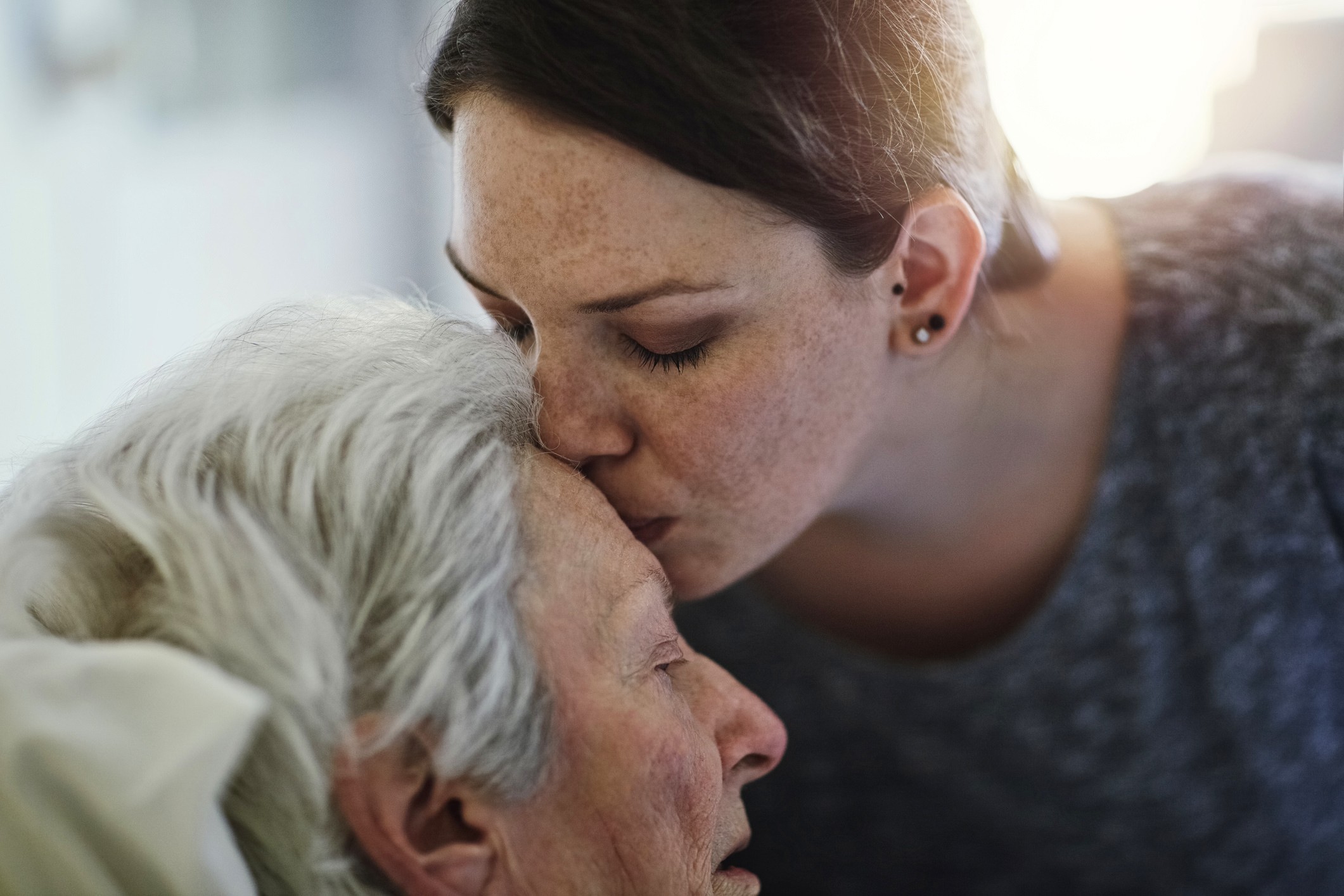Dehydration has a broad medical definition, and as stated by the American Medical Association, dehydration can occur when a person loses more than three percent of their total body weight. Dehydration can also occur when a person loses more water than they take in. Dehydration can be caused by several factors including illness, disease, and as a side effect from medication.
In a revealing study published in the National Hospital Discharge Survey, 208,000 nursing home residents discharged from short-stay hospitals with a diagnosis of dehydration. Since 1996, nursing homes and care facilities have been under strict scrutiny and nursing homes have taken measures to help prevent dehydration amongst their residents.
However, even with increased scrutiny and training, dehydration is still a problem amongst nursing home residents, and family members need to be on the alert for the signs of dehydration, and furthermore, need to be diligent in ensuring that their loved one is not the victim of nursing home abuse or neglect. Contact a dedicated West Palm Beach attorney right away for help pursuing damages for yourself or your loved one.
Duty to Provide Care
Nursing homes in West Palm Beach have a duty to provide the appropriate care for nursing home residents, which means staff, need to ensure that residents are receiving adequate amounts of fluid and are properly hydrated.
This means not only monitoring fluid intake, but also monitoring if a nursing home resident is losing more fluid due to medications, illness, or even because of heat.
Dehydration can cause severe complications including seizures, coma, and even death, and therefore it is important to protect those who cannot properly care for themselves from the risks of dehydration.
If you or a loved one has suffered dehydration from nursing home abuse or neglect, contact a West Palm Beach nursing home abuse and neglect lawyer. With focused attention on your loved one, a nursing home abuse attorney can help determine if a nursing home or care facility violated their duty of care, and can help determine if your loved one’s dehydration was caused by abuse or neglect.
Proving Elder Abuse and Dehydration
Proving a nursing home and its staff have committed elder abuse or neglect is often difficult and can leave many families feeling lost and confused. A vast majority of nursing home abuse and neglect cases are filed under the theory of negligence. Under a negligence theory an individual will need to prove the following elements:
- Duty – In order to bring a successful lawsuit for an injury stemming from dehydration, a person will need to establish that the nursing home owed a duty of care to the resident.
- Breach – Nursing homes are required to provide residents with a certain level of care, and a person will need to demonstrate that the nursing home and its staff did not meet the standard of care expected. This often means examining the facts and circumstances of a case in light of resident’s rights under Florida Statute Section 400.022.
- Causation – A person will also need to demonstrate a connection between the nursing home’s conduct and the injury. For example, it may be pertinent to a lawsuit to demonstrate that staff failed to account for a nursing home resident’s fluid intake, and subsequently, the resident suffered the ill-effects of dehydration.
- Damages – Finally, a person will need to demonstrate that their loved one suffered some injury or damage as a result of the nursing home breaching the standard of care. An example of damages in a negligence lawsuit may include serious medical complications.
A nursing home can be held liable for a patient’s dehydration when it is established that their care and treatment fell below the acceptable standard of care.
Determining whether a nursing home was negligent and therefore liable for an injury from dehydration requires a thorough review of the particular facts and circumstances that lead to dehydration. In addition, a lawyer should consider the complex legal, medical, and economic factors that should be considered before filing a lawsuit.
Pursuing Compensation for Nursing Home Dehydration
If the nursing home fails to take these steps, and the resident suffers injuries or death, a claim can be brought pursuant to Florida Statute 400.023, titled “Civil Enforcement” under the chapter for “Nursing Homes and Related Health Care Facilities.”
It is important to understand that a negligence claim filed against a nursing home must be filed within two years from the date of the wrongful conduct. However, this can be complicated in cases where dehydration occurs over a period of time.
Speak with a West Palm Beach Nursing Home Abuse Attorney Today
If you or a loved one have suffered the ill-effects of dehydration, contact a West Palm Beach nursing home lawyer today to discuss your case. A nursing home lawyer may be able to help you recover compensation for your loved one’s injuries.
Speak to a member of our team today.

